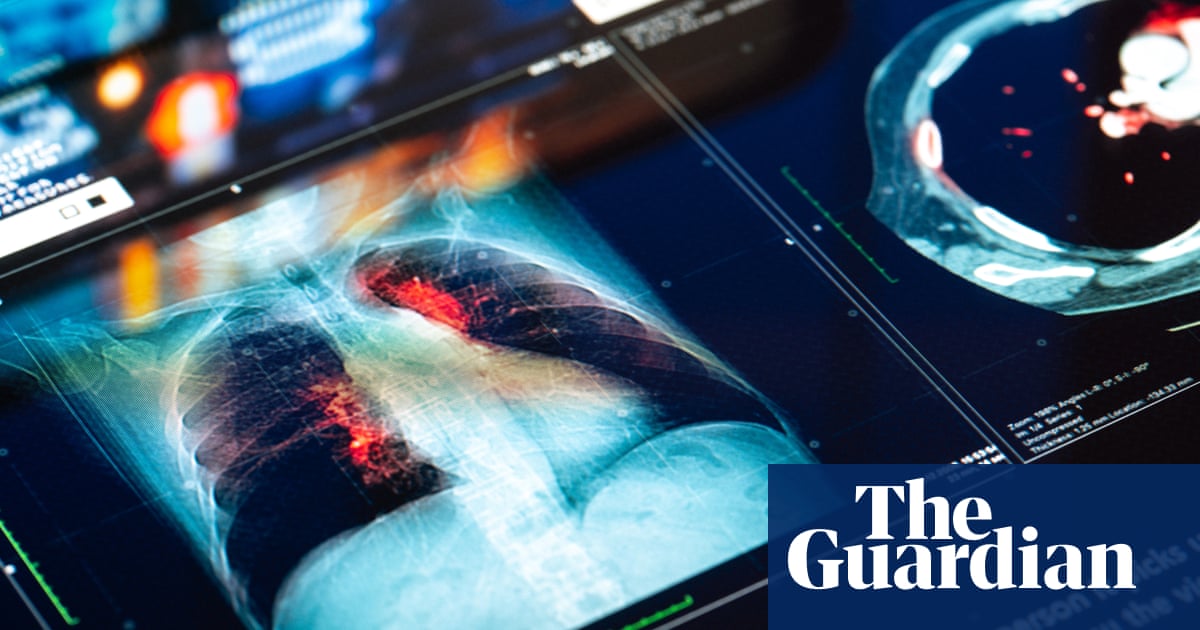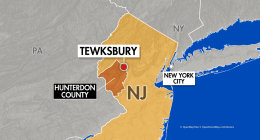
The number of under-50s worldwide being diagnosed with cancer has risen by nearly 80% in three decades, according to the largest study of its kind.
Global cases of early onset cancer increased from 1.82 million in 1990 to 3.26 million in 2019, while cancer deaths of adults in their 40s, 30s or younger grew by 27%. More than a million under-50s a year are now dying of cancer, the research reveals.
Experts are still in the early stages of understanding the reasons behind the rise in cases. The authors of the study, published in BMJ Oncology, say poor diets, alcohol and tobacco use, physical inactivity and obesity are likely to be among the factors.
“Since 1990, the incidence and deaths of early onset cancers have substantially increased globally,” the report says. “Encouraging a healthy lifestyle, including a healthy diet, the restriction of tobacco and alcohol consumption and appropriate outdoor activity, could reduce the burden of early onset cancer.”
Previous studies have suggested that the incidence of cancer in adults under the age of 50 has been rising in various parts of the world over the last few decades. The latest study, led by the University of Edinburgh in Scotland and Zhejiang University School of Medicine in Hangzhou, China, was the first of its kind to examine the issue on a global scale and the risk factors for younger adults.
Most of the previous studies focused on regional and national differences. In this global study, researchers analysed data from 204 countries covering 29 types of cancer.
They looked at new cases, deaths, health consequences and contributory risk factors for all those aged 14 to 49 to estimate changes between 1990 and 2019.
In 2019, new cancer diagnoses among under-50s totalled 3.26 million, an increase of 79% on the 1990 figure. Breast cancer accounted for the largest number of cases and associated deaths, at 13.7 and 3.5 for every 100,000 of the global population respectively.
Cases of early onset windpipe and prostate cancers rose the fastest between 1990 and 2019, with estimated annual percentage changes of 2.28% and 2.23% respectively. At the other end of the spectrum, cases of early onset liver cancer fell by an estimated 2.88% a year.
A total of 1.06 million under-50s died of cancer in 2019, an increase of 27% on the 1990 figure. After breast cancer, the highest death tolls were linked to windpipe, lung, stomach and bowel cancers. The steepest increases in deaths were among people with kidney or ovarian cancer.
The highest rates of early onset cancers in 2019 were in North America, Oceania and western Europe. Low- and middle-income countries were also affected, and the highest death rates among under-50s were in Oceania, eastern Europe and central Asia.
In low- and middle-income countries, early onset cancer had a much greater impact on women than on men, in terms of poor health and deaths.
Based on the observed trends for the past three decades, the researchers estimate that the global number of new early onset cancer cases and associated deaths will rise by a further 31% and 21% respectively by 2030, with people in their 40s the most at risk.
Genetic factors are likely to have a role, the researchers said. But diets high in red meat and salt and low in fruit and milk, along with alcohol and tobacco use, are the main risk factors underlying the most common cancers among under-50s, with physical inactivity, excess weight and high blood sugar contributory factors, the data indicates.
Dr Claire Knight, a senior health information manager at Cancer Research UK, which was not involved in the study, said it was not yet clear what was driving the trend and urged caution.
“However alarming this might seem, cancer is primarily a disease of older age, with the majority of new cancer cases worldwide being diagnosed in those aged 50 and above,” she said. “We need more research to examine the causes of early onset cancer for specific cancer types, like our BCAN-RAY study that is looking at new ways to identify younger women at higher risk of breast cancer.
“If people are concerned about their cancer risk, there are lots of ways to help reduce this such as not smoking, maintaining a balanced diet, getting plenty of exercise and staying safe in the sun.”
Read More: World News | Entertainment News | Celeb News
Guardian







